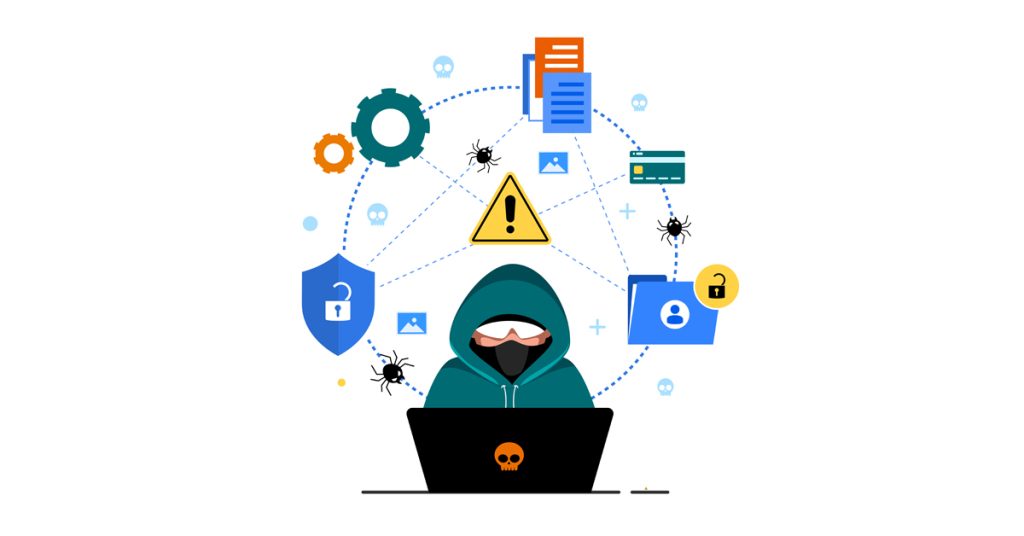If you’re concerned about whether your password is among the most hacked ones, it’s essential to be aware of the most commonly compromised passwords and take steps to secure your accounts. Here are some key points to consider:
Most Common Hacked Passwords
Several studies and analyses have identified the most frequently hacked passwords. These passwords are often simple, easy to guess, and widely used, making them prime targets for cybercriminals. Here are some of the most common hacked passwords:
- 123456
- password
- 123456789
- 12345678
- 12345
- qwerty
- 111111
- 123123
- 1234567
- 1234567890
- iloveyou
- 000000
- password1
- abc123
These passwords are repeatedly found in data breaches and are considered highly insecure.
Checking If Your Password Has Been Compromised
To check if your password has been compromised, you can use online tools designed for this purpose:
- Have I Been Pwned: This service allows you to check if your email address or password has been involved in a data breach. It cross-references your input with a database of known breaches.
- NordPass: Provides a list of the most common passwords and offers tools to check if your password is secure.
- CyberNews Password Leak Check: Enter your password to see if it has been leaked in any known breaches.
Tips for Creating Strong Passwords
To protect your accounts, follow these guidelines for creating strong passwords:
- Make them long: At least 16 characters is recommended. Longer passwords are harder to crack.
- Make them random: Avoid using easily guessable information like names, birthdays, or common words. Use a mix of uppercase and lowercase letters, numbers, and special symbols.
- Make them unique: Use different passwords for different accounts to prevent a single breach from compromising multiple accounts.
- Use a passphrase: Consider using a memorable phrase made up of unrelated words, which can be easier to remember and still secure.
Using a Password Manager
Given the difficulty of remembering multiple complex passwords, using a password manager is highly recommended. Password managers can generate, store, and autofill passwords for you, ensuring that each password is strong and unique.
Additional Security Measures
- Enable Multi-Factor Authentication (MFA): Adding an extra layer of security can significantly reduce the risk of unauthorized access.
- Regularly update passwords: Periodically changing your passwords can help mitigate the risk of long-term exposure.
- Stay informed about breaches: Subscribe to data breach alerts to stay updated on any potential compromises involving your accounts.
By following these practices, you can significantly enhance your online security and reduce the risk of your passwords being hacked.
